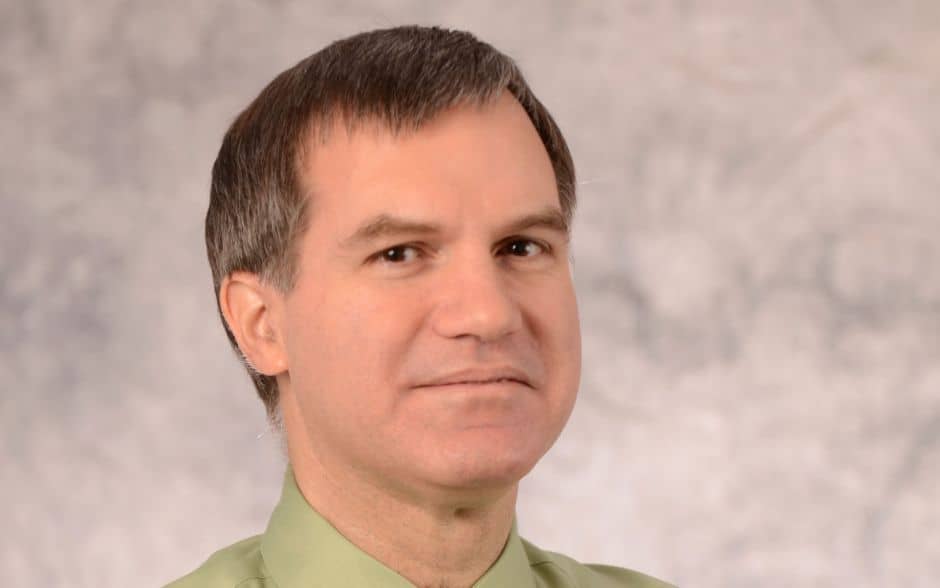Introduction
The plight of New Mexico Governor Bill Richardson is drawing comparisons to embattled Illinois Governor Rod Blagojevich. Richardson, as you may have heard this week, withdrew as nominee for Commerce secretary because of “pay to play” allegations. And Blagojevich, as you no doubt gathered, allegedly tried to sell Obama’s U.S. Senate seat. But there’s another similarity between the two: Neither of their states puts any restrictions on the campaign contributions that would have been the quid in the suspected quid pro quos.
According to the National Conference of State Legislatures, Illinois and New Mexico are two of only five states that impose no limits on the size of contributions to candidates, parties, or political action committees. In Richardson’s case, one of the donations drawing scrutiny — $10,000 to his reelection campaign — was several times the limit allowed in most other states. (On the other hand, the same donor gave $100,000 to two Richardson-founded PACs, contributions that a majority of the states do not place a cap on.)
In 2004 the Center for Public Integrity reported that one of Richardson’s PACs, Moving America Forward, occasionally listed the same mailing address as a 501(c)(3) educational charity called the Moving America Forward Foundation. Both organizations apparently focused on registering Native Americans and Hispanics to vote. In addition, the PAC paid for such expenses as training political organizers and even for a presidential candidate debate during the 2004 primary season. The charity would have been prohibited from engaging in partisan election activities.
What’s the solution to the lack of integrity? Election reform activists argue that contribution caps can limit both the opportunities for actual corruption and the perception of potential corruption. As for crass under-the-table wheeling and dealing, that’s likely to be with us as long as we have politics.

Join the conversation
Show Comments